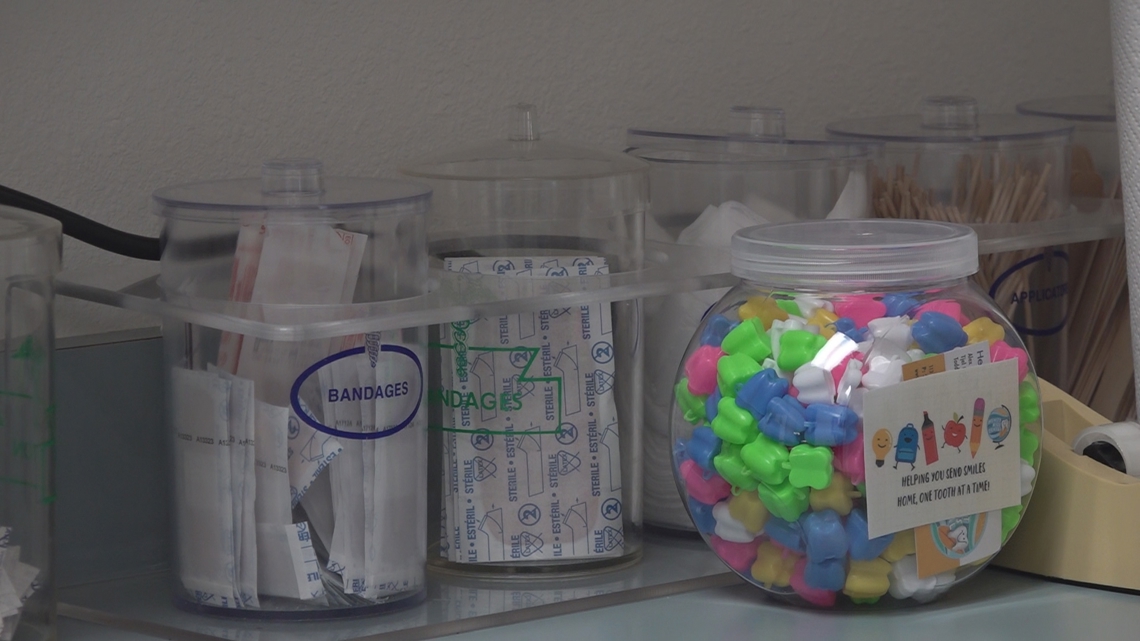The Challenges of Parental Leave: A Single Mother’s Experience
In the United States, the issue of parental leave remains a contentious topic, one that directly affects families across the socioeconomic spectrum. Andrea Martinez, a single mother of three, recently shared her personal experience with parental leave following the birth of her youngest daughter. After giving birth via C-section, Martinez found that she could only afford four weeks of leave from her job—two weeks paid and an additional two weeks unpaid—a reality that many working mothers face.
Martinez’s decision to return to work after such a brief period of recovery illustrates the broader challenges that single parents contend with in balancing family and financial responsibilities. “This situation created a significant hardship for me, especially since I had a C-section and needed time to heal,” she expressed. For many, the necessity to ensure economic stability often comes at the expense of adequate recovery and bonding time with a newborn.
The United States does not have a federally mandated paid parental leave policy, unlike many other developed nations, leading to significant disparities in how families navigate postpartum recovery and childcare. According to the Organization for Economic Cooperation and Development (OECD), the U.S. ranks last among its peers regarding paid parental leave, leaving many families, especially single parents, to rely on limited company policies—or none at all.
Martinez’s situation is further compounded by her status as the sole breadwinner for her family, showcasing a critical intersection of economic vulnerability and maternal health. The need for comprehensive support systems for parents is paramount, as research indicates that time spent with newborns is crucial for both maternal and child health. The lack of sufficient leave can lead to increased stress for mothers, which not only impacts their well-being but also that of their children.
As advocates call for more robust parental leave legislation, Martinez’s story serves as a poignant reminder of the urgent need for reforms that prioritize the health and welfare of families. A fair parental leave policy is not merely a benefit; it is an essential aspect of a supportive workplace that can help nurture healthy family dynamics. In moving forward, the discussion surrounding parental leave must focus on creating a framework that allows families to thrive in both their personal and professional lives.
For many mothers like Martinez, the current system presents a challenging paradox where the need to provide for their families often overshadows their health and well-being. As the nation progresses in its conversations around family leave, understanding the ramifications of these policies on real-life experiences remains imperative.


